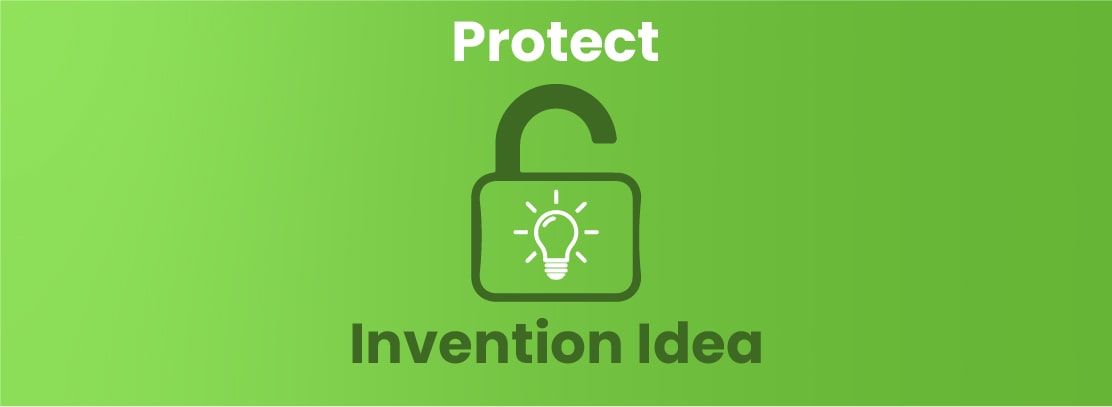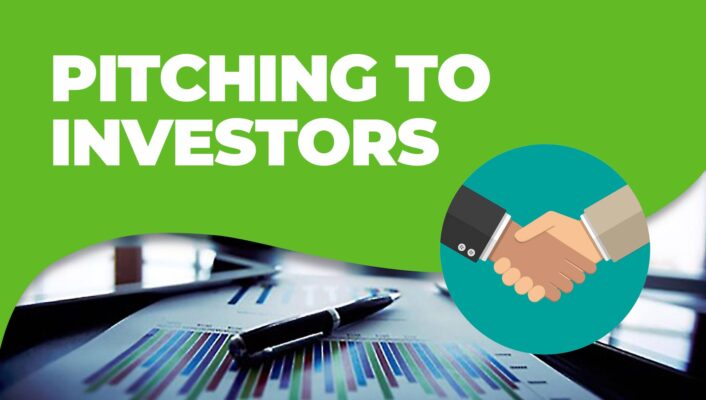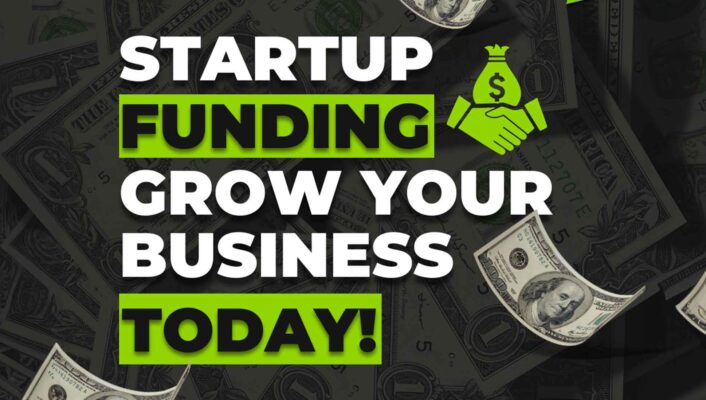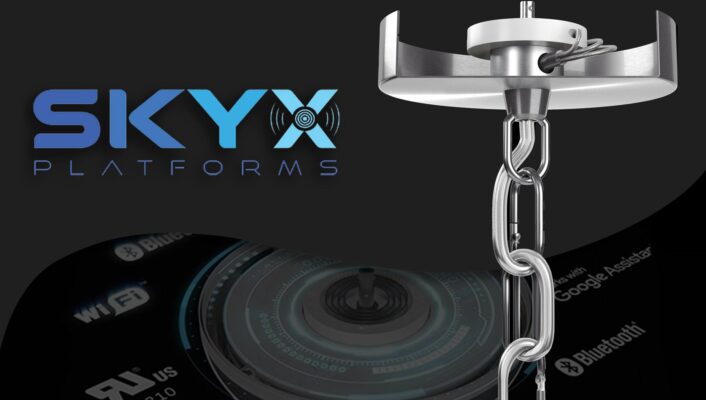In today’s blog, we will be talking about how to protect your invention idea. The most important part of inventing is protecting your invention and ensuring nobody steals it and profits from your original idea.
So let’s begin, the first thing you want to make sure to do is.
Sign NDA's
When approaching investors, companies, or possible partners, always sign NDA’s (Non.Disclosure.Agreements) This is a document stating that both signing parties are bound by law to not disclose what has been talked about. This will ensure no company will hear your idea and steal/develop it before you get the chance.
If any company insists on talking without an NDA, walk away. Any professional company that understands the importance of privacy and confidentiality, should be willing to sign an NDA. Beware of companies in foreign countries, some countries have very different intellectual property laws, so do your research on the company beforehand.
Apply For A Patent
Before patenting you should obviously make sure your idea hasn’t been patented already. This is done by doing a patent search, you can pay an attorney to do a thorough patent search or you can do it yourself, using patent search engines, you can get a rough idea of whether or not you should patent your idea.
If you find that your idea is 100% new and hasn’t been patented, you can move on to applying for a patent. There is generally 3 type of patents inventors use.
Provisional Patent
A provisional patent is a temporary patent that will protect your idea for 1 year. After the year the patent will expire and you’re idea will become unprotected. Provisional patents are to give people the time to secure and refine their new product idea or invention until they’re ready to get a real patent, Such as a utility or design patent, more on that in just a second.
Utility Patent
Utility patents are used for protecting a mechanism or function, think function not form. These usually take up to 1 or 2 years for approval, it depends if there are any disputes or changes that have to be made. You can also expedite the process for additional fee prices vary based on the size of the company and amount of patents granted to that company, so ask a patent attorney.
Utility patents will protect your idea for up to 20 years. Giving you plenty of time to get your idea out of your head and into the real world. Using an attorney can range from $7000-$20,000 depending on the invention’s complexity.
Design Patent
A design patent is purely to protect the visual design of something, it does not protect mechanisms or devices, think form, not function. Just like any other patent the design has to be completely new or original if you don’t know whether your idea is original or not, consult a patent attorney.
Design patents usually take up to 1 or 2 years for approval, it all depends if there are any disputes or changes that have to be made. Once approved it will protect your design for 15 years. Using a patent attorney can range from $3,000 – $6,000 depending on the invention’s complexity.
Is a Patent Attorney Necessary?
To make a long answer short, no but we HIGHLY Recommend going through an attorney. We know attorneys can be expensive but trust us in the long run, they will save you a lot of time, money, and headaches. The patenting process is complex and very strict. Attorneys will ensure your idea is well protected, documented properly, and filed correctly.
There are ways inventors can file for a patent for free but just know it won’t be easy. These are some links to books that can guide inventors through the process.
Patent YourSelf Step-By-Step Amazon Book
Patent Pending Hours Amazon Book
What Are Some Good & Trustworthy Patent Attorneys?
Ok so if you’re ready to work with a patent attorney, we put together a list of trusted patent attorneys that we’ve had great experiences with. (These are not affiliate links, they’re honestly good attorneys we recommend.)
⦁ Jon Riz
⦁ Scott Smiley
⦁ Derret Fahey
What If My Invention Needs Both a Design and Utility Patent?
Then you will need to file for both…
Do I Need A Patent Before Talking To Companies?
When approaching USA-based companies or investors usually an NDA should be enough, but obviously, at some point, you will need a patent. So when should you get a patent?
When Should I Patent My Idea?
Throughout the years of working with hundreds of inventors, we’ve seen that the best time to get a patent is after the final concept/product design has been approved. This ensure’s little to no changes have to be made to the patent. Pre-mature patenting can be a huge waste of time and money. An invention should already be well designed and thought out before patenting.
Why Should I Use A Professional Patent Artist/Team?
When working with a patent illustrator or team, make sure they have experience creating utility and design patents. Working with professionals will ultimately help reduce the amount of back and forth with the patent agency, which will save you time and money. Get it done right the first time!
Don’t use a Fiverr artist! Although this can be far more affordable than getting a proper patent illustration from professionals. The majority of Fiverr artists are from foreign countries, and there is nothing wrong with that,
but since countries around the world have vastly different intellectual property laws, it opens the possibility of your idea being infringed, stolen, or even make your idea unpatentable.
Document Everything
Always document dates, meetings conversations. This will help you stay organized. Documenting can also come in handy if ever needed in court. Keep track of names of people you speak to about your invention, dates, and keep a copy of all documents ex. (NDA’s, Contracts, etc)
Keep a bound notebook, it’s best to use a bound notebook where the pages are sewn to the spine of the notebook. This will help you notice if any pages have been ripped out.
We recommend using a bound notebook, because it’s easy to tell if any pages have been ripped out.
Don't Speak or Share Publicly Your Idea
Doing so may void your ability to patent a product. Don’t talk about it on social media, public groups, youtube, etc. When your idea has been shared publically, no one will be able to patent it, as it is now considered public information.
This article is by no means legal advice, please speak to a certified patent attorney to confirm any legal advice.
In conclusion, always sign NDA’s when approaching potential partners or investors, only work with professionals, always document dates, meetings & names, patent your idea when it has been refined, and never speak about your idea publically.




